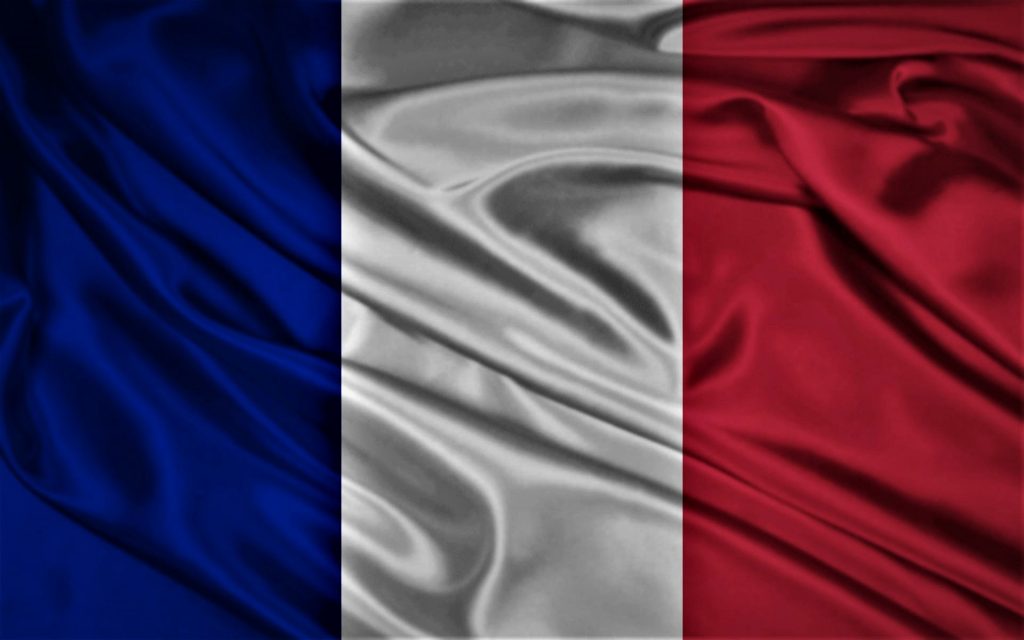France / Canada, Quebec / Belgium / Switzerland / Benin / Burkina Faso / Central African Republic / Congo / Cote d’Ivoire / Gabon / Guinea / Luxembourg / Mali / Monaco / Niger / Senegal / Togo / Chad / Channel Islands ( in Guernsey and Jersey)
Comoros / Djibouti / Equatorial Guinea / Haiti / Martinique / Guadeloupe / Madagascar/ Rwanda/ Seychelles / Vanuatu /
Countries where French plays an important, unofficial role:
Algeria / Andorra / Argentina / Brazil / Cambodia / Cape Verde / Dominica / Egypt / Greece.
These countries are members or associated with la Francophonie:
Albania / Bulgaria / Czech Republic / Lithuania / Macedonia / Moldovia / Romania / Slovenia
Countries where French is an official working language:
African Union / Amnesty International / Council of Europe / European Commission / Interpol / International Criminal Court
Over 300 million people around the world speak French according to the U.S. Census Bureau, nearly 1 in 5 people or 47 million U.S.
French is spoken by about 7.3 million Canadians today, with nearly 85% of them living in Quebec. However, there are differences in pronunciation, vocabulary, and grammar between the language spoken in Canada and in Europe.
France once owned land in the United States – 827,000 square miles west of the Mississippi River which was sold as part of the Louisiana Purchase for $15 million. French is still spoken in Louisiana and in the Caribbean island of Haiti. Creole is also spoken in the Caribbean Island. Creole is a mix of English, Spanish and French.
French was once the exclusive language of the elites in Paris, but only 25 millions French people spoke Parisian French as their native tongue. Most other parts of France had their own languages and dialects, making communication almost impossible. It wasn’t until after the Revolution in 1789 that the Kings decided to implement French as the official language.
